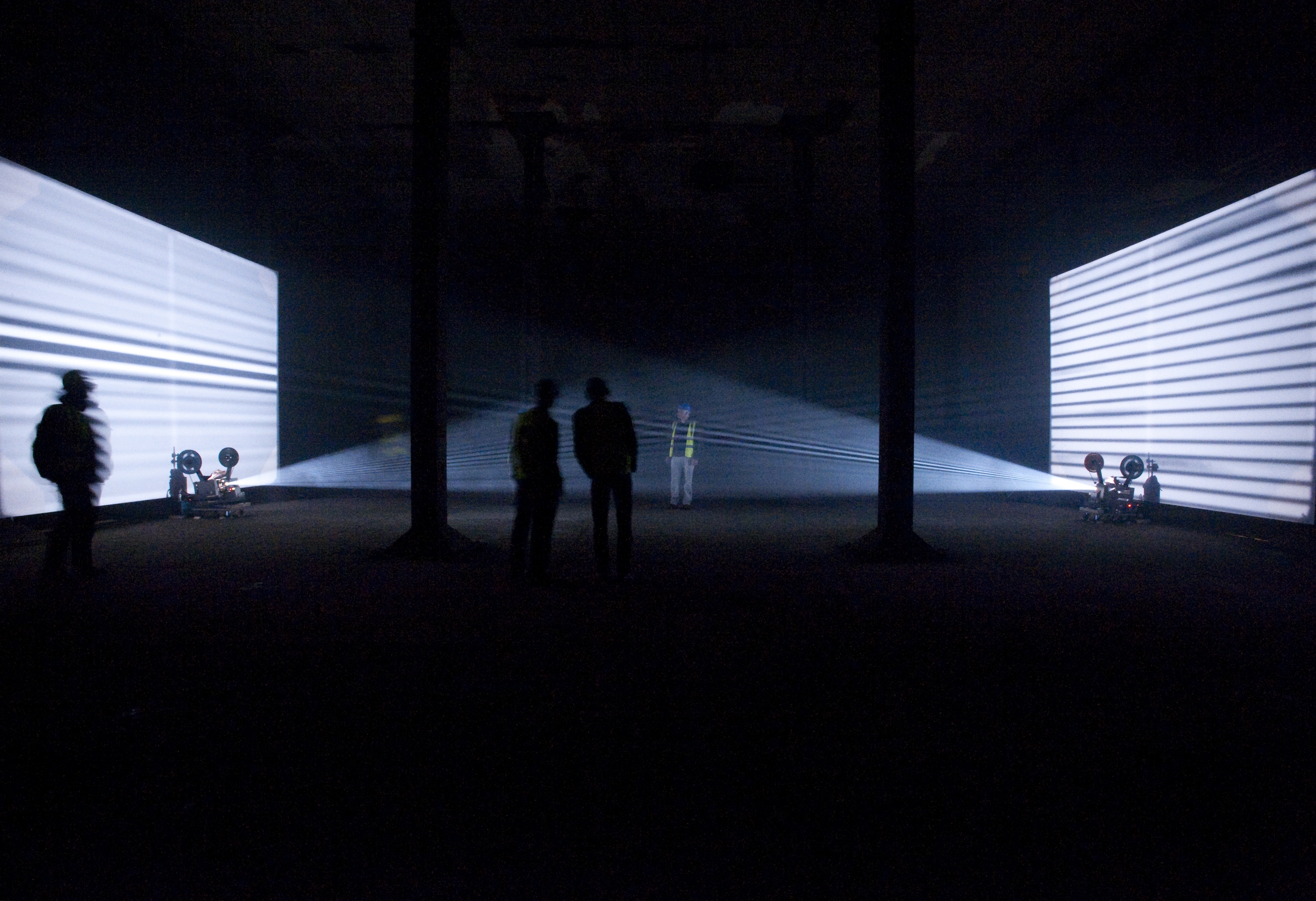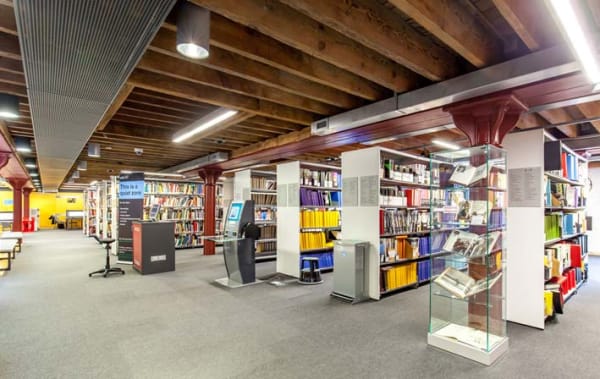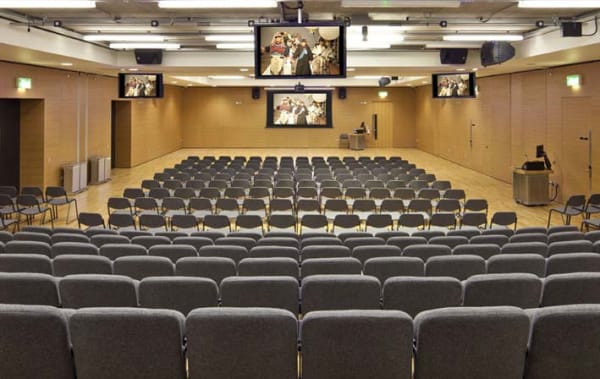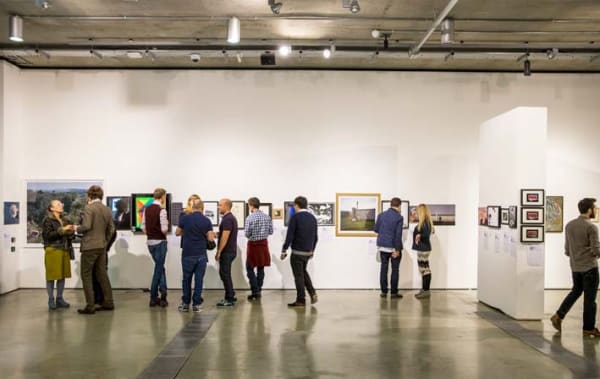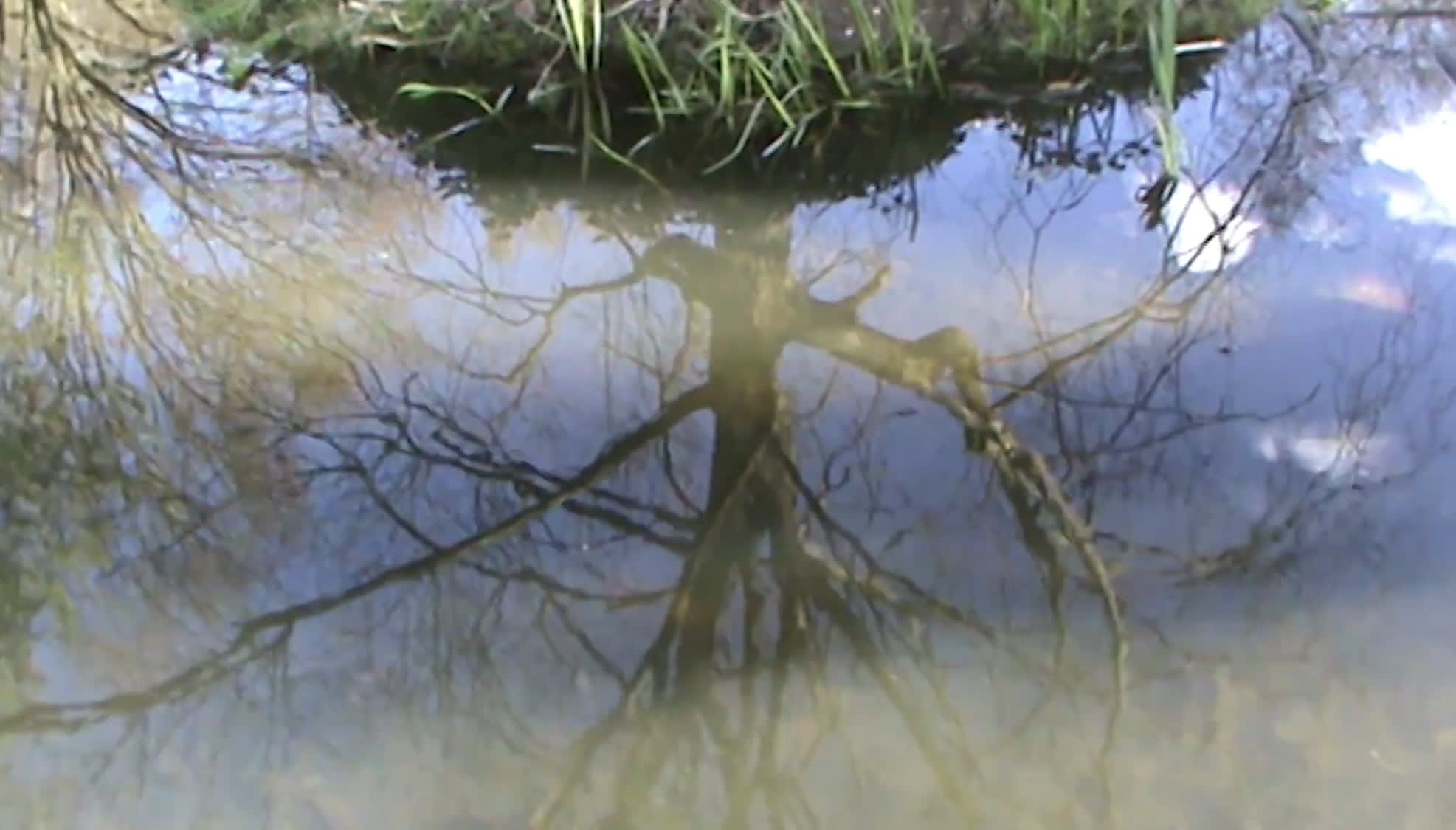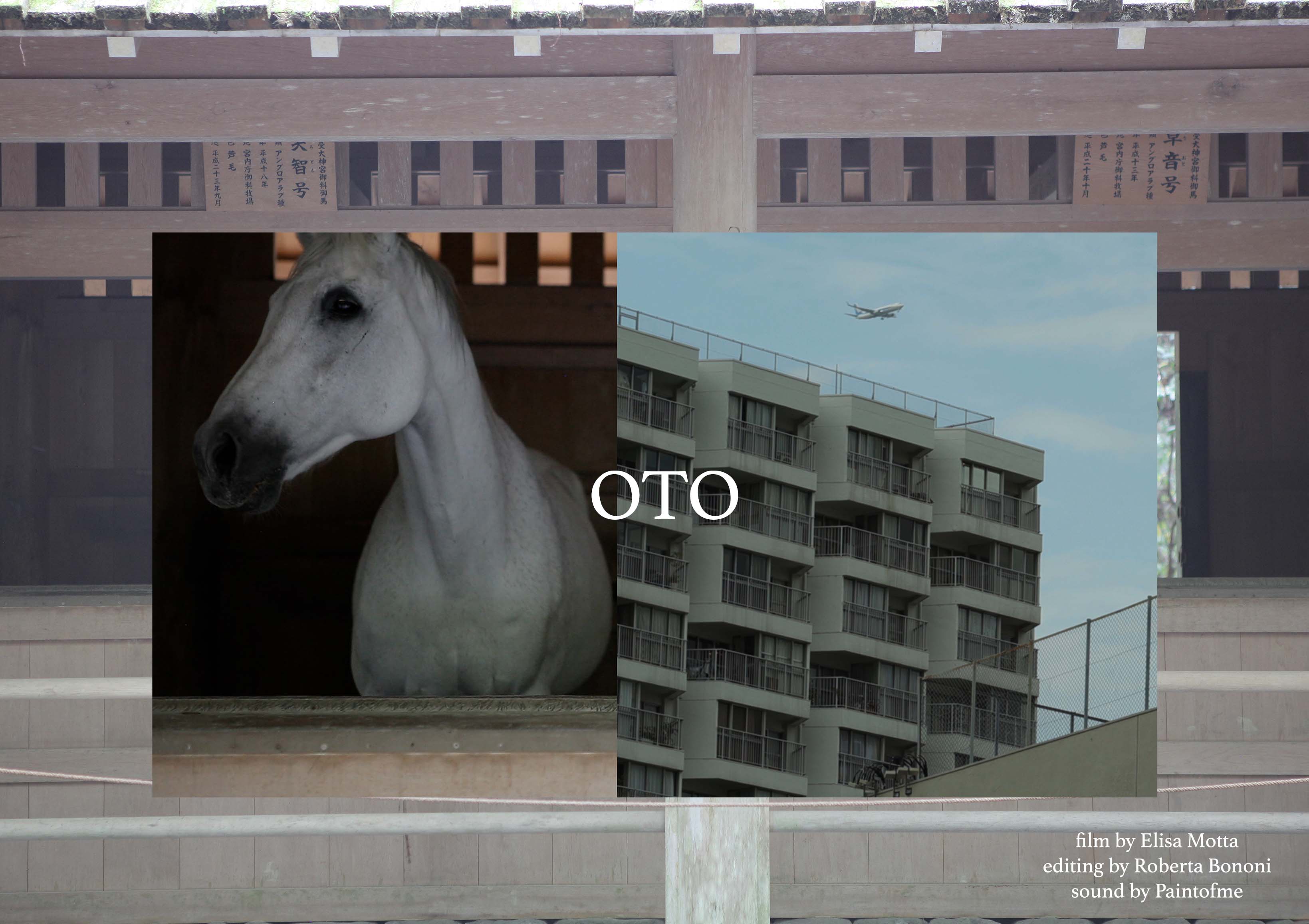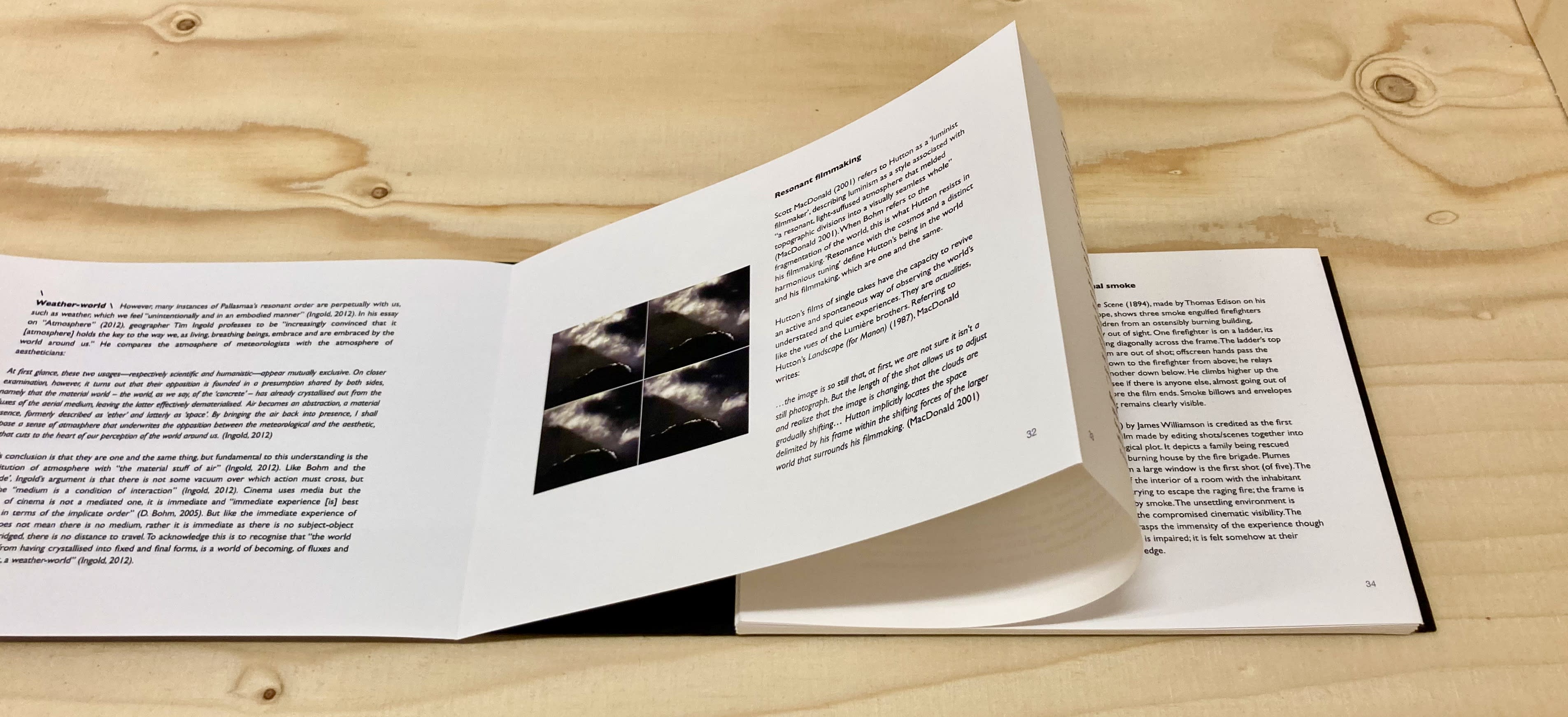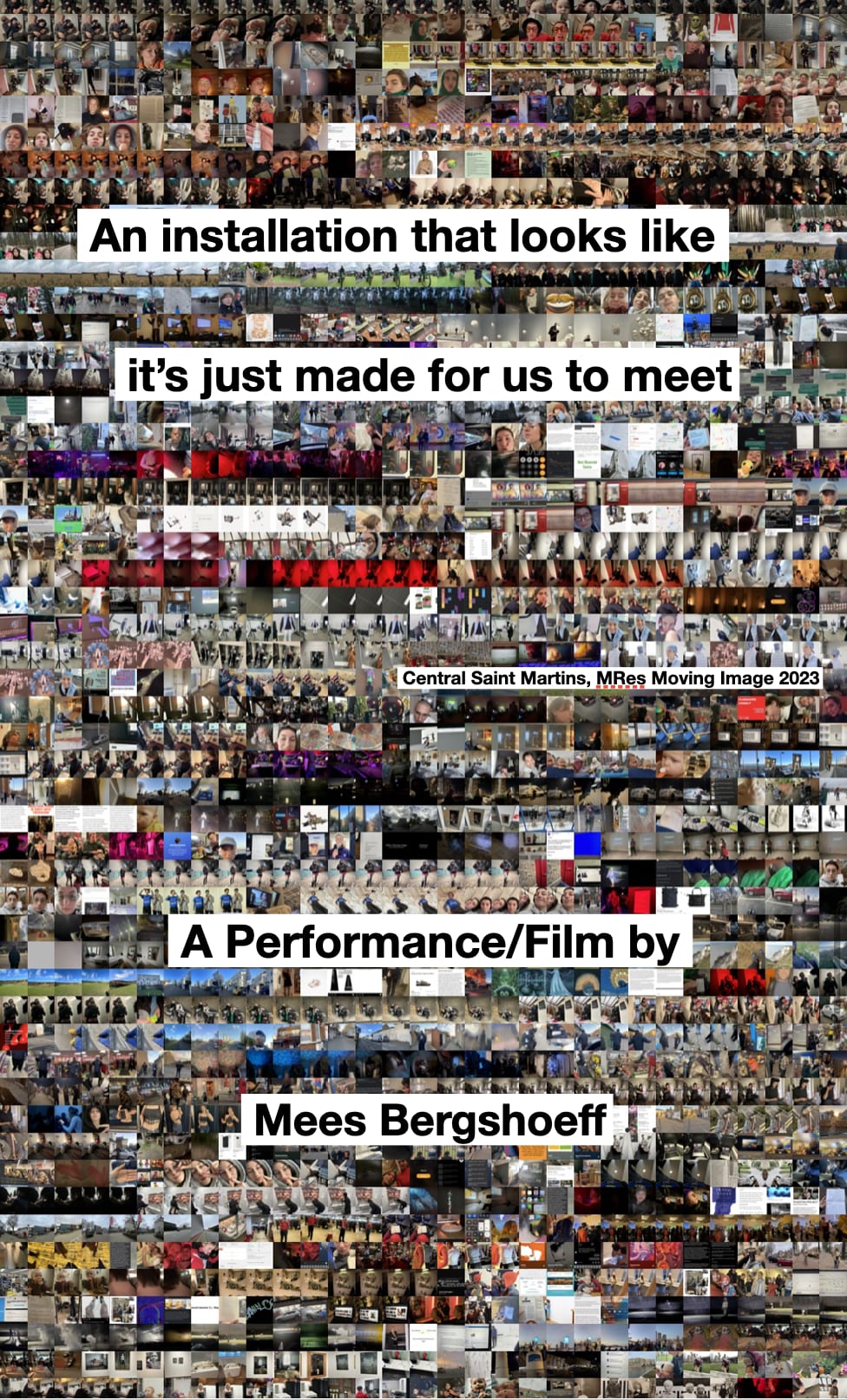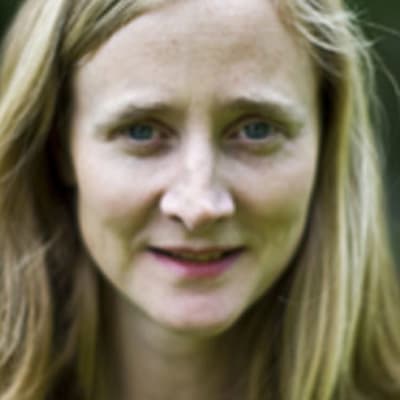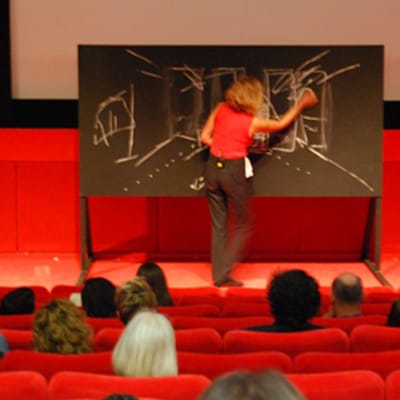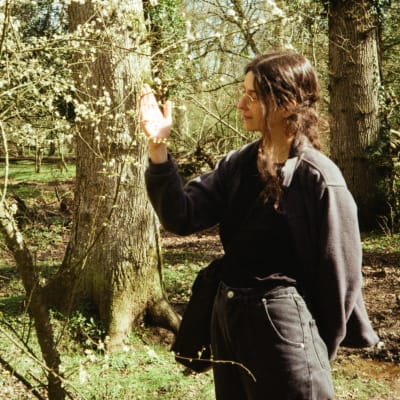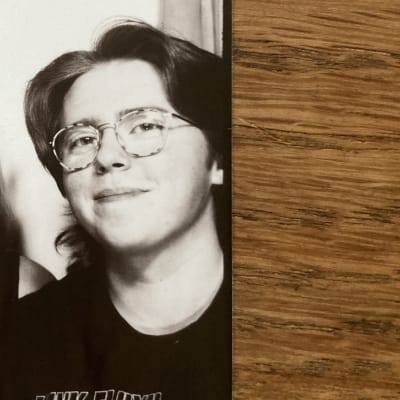Course units
MRes Art: Moving Image offers an ambitious, discursive and critical framework in which you will engage with the implications of artists' moving image. The pathway has a strong professional focus. This is characterised by the unique link with LUX, the London-based agency for artists' moving image. This provides mentoring and support to student-directed symposia and screenings.
The pathway proposes new approaches to the history and theory of moving image culture. While laying the foundations for an in-depth knowledge of the subject, it also promotes artists' moving image as an evolving field of study. Rather than following established historical trajectories, it presents an integrated series of screenings, seminars and readings of key texts. Gallery visits and lectures augment the seminar programme.
MRes Art: Moving Image sets out to create a firm foundation of knowledge from which you can develop your chosen area of study and contribute to debate in the subject area. The first year offers teaching in research skills and engages you in the specialist subject of your pathway. Your understanding of research methodologies and their relationship with exploration of your subject is then developed. In parallel with this, you will prepare for a self-directed programme of study: your research project. In the second year you will pursue and realise your project. Your progress is supported through tutorials and critical discussions. It is monitored through written assignments and presentations.
Unit 1: Framing Artists' Moving Image
Through seminars and lectures, this unit establishes knowledge of key thinkers and debates which have emerged throughout the development of artists’ moving image. It is split into four thematic parts: modern primitives, materialisms, the expanded field and the ethnographic turn.
Unit 2: Methodologies and Methods I
Unit 2 is an opportunity for all the students in the MRes Art course to study together. The unit has two distinct components: methodologies and methods. Methodologies aims to make you aware of a range of methodological approaches that have shaped debates in your field of study. These include, but are not limited to, structuralism, Marxism, psychoanalysis, feminism, postcolonial and decolonial studies. Methods aims to equip you with essential research skills.
Unit 3: Methodologies and Methods II
Following on from Unit 2, this unit deepens your understanding of specific artistic and discursive methods. You will examine how they operate in specific texts, debates and events by relating them to the pathways’ respective subject areas. Seminars and workshops are integral to the unit, in which methods of research and writing are collectively tested.
Unit 4: Individual Research Project
Unit 4 has two parts. In part one, you will examine key texts from a number of different fields which address directly, or indirectly, artists' moving image. These include architecture, ethnography, phenomenology and feminism. You will be expected to attend weekly online seminars and complete set reading. This is complemented by a screening programme. You will be guided through a series of archival or curated screenings within the British Artists’ Film and Video Study Collection. You will also work on a group project with LUX.
Part two is designed to support the successful completion of your final dissertation project. During this part of the curriculum, your own research and practice becomes central to the programme. You will be expected to attend seminar sessions and to support your peers as part of a research community. At the end of Unit 4 you are assessed through presentation of your realised research project.
Important note concerning academic progression through your course:
If you are required to retake a unit you will need to cease further study on the course until you have passed the unit concerned. Once you have successfully passed this unit, you will be able to proceed onto the next unit. Retaking a unit might require you to take time out of study, which could affect other things such as student loans or the visa status for international students.
Mode of study
MRes Art is offered in extended full-time mode which runs for 60 weeks over two academic years. You will be expected to commit 30 hours per week to study, which includes teaching time and independent study.
The course has been designed in this way to enable you to pursue studies, while also undertaking part-time employment, internships or care responsibilities.
Credit and award requirements
The course is credit-rated at 180 credits.
On successfully completing the course, you will gain a Master of Research (MRes degree).
Under the Framework for Higher Education Qualifications, an MRes is Level 7. All units must be passed in order to achieve the MRes but the classification of the award is derived from the marks for the third and fourth units.
If you are unable to continue on the course, a Postgraduate Certificate (PG Cert) will normally be offered following the successful completion of 60 credits.
